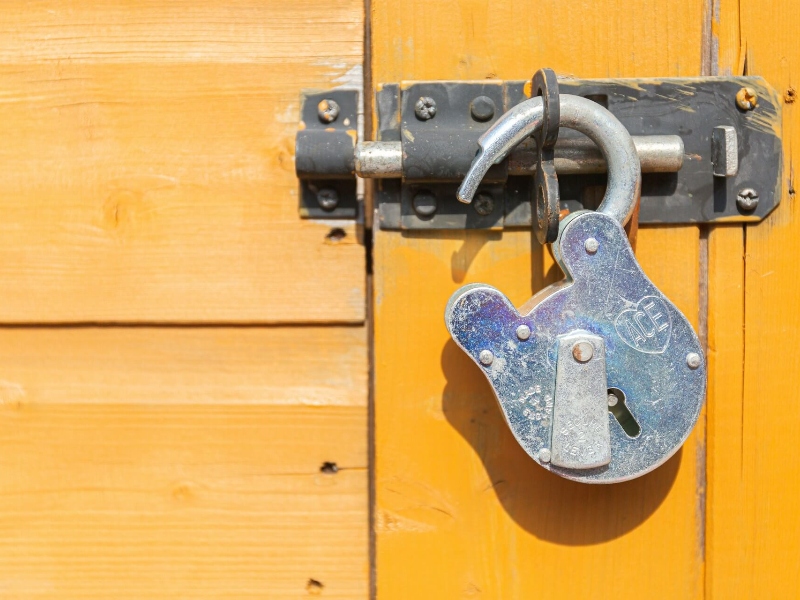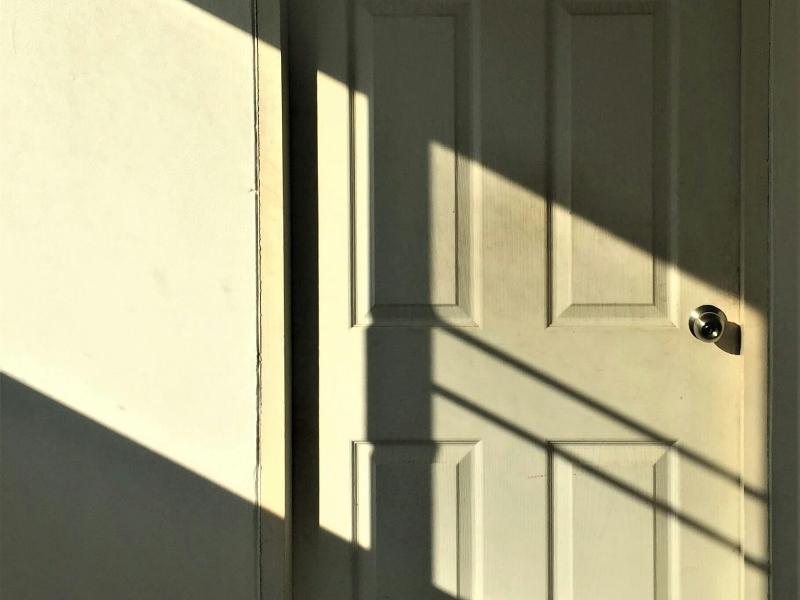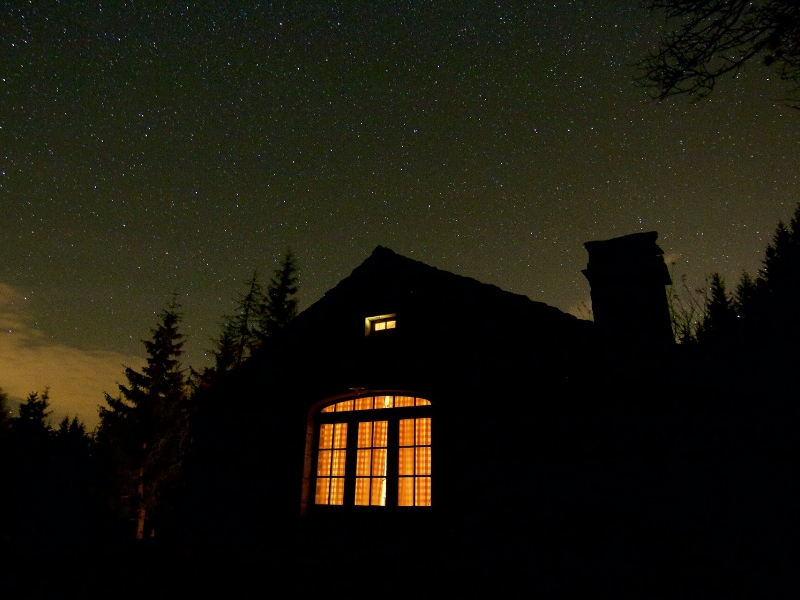Some people might think the chances of a break-in happening on their property are slim and get a little sloppy with home security. That’s how criminals get you. When your guard is down, you’re more vulnerable to break-ins.
By recognizing these lapses, you can keep your possessions and yourself safe.
Do Break-Ins Happen Often?
Break-ins have been happening less often, with an estimated 899,293 reported burglary cases across the U.S. in 2022. That number has been declining for the past few decades now, but there are instances of increased crime.
For instance, gun assaults and aggravated assaults reached nearly 5.5 and 11.75 per 100,000 people during the pandemic in 2020. Auto theft increased during that summer as well. That timeline is a testament to how society can quickly flip into a landscape full of strife and unrest.
Even beyond that, you can simply become the unlucky target of a random criminal. Be vigilant and prepare to prevent that from happening.
Mistakes That Let Strangers In
Even experienced survivalists can make a rookie mistake. Be hyperaware of these errors to know what you should rectify and work on to improve security.
1. Not Researching Your Neighborhood
Some people move to cities and neighborhoods without knowing they’re high-crime destinations. Speak to locals who can give valuable information about danger zones and safe spaces. If your house or apartment is in a dangerous spot, always keep your guard up. Connect with the tenants to share information about any suspicious activity regularly.
2. Using a Singular Lock

Having a lock is a good step, but it’s not enough. People who commit break-ins are used to picking the traditional clasp, so consider utilizing smart alarms with automatic sensors. That way, your home is safe, and you get alerts if someone messes with the system or approaches the door.
Aside from locks, it’s also beneficial to have proper surveillance. Hide security cameras to check for intruders covertly. The footage can help capture their identities and back up a police report.
3. Procrastinating Door Repairs

Many people set aside repairing their doors and say they’ll do it tomorrow. However, one that’s easy to kick down can attract people who want to break in. Pause the procrastination and work on your entryway.
Since you’re already reinforcing your door, add a kick plate and alarm for good measure. A kick plate can minimize door damage and provide extra protection from burglars. Meanwhile, the alarm can alert you of break-ins when they get through.
4. Keeping Your Property Dark

Some may think keeping the property pitch black can deter people from entering, but that’s not true. Those who break in usually use darkness as a cover to sneak into homes.
You need to keep the exterior of your place illuminated. A bright white light outside is ideal so you can capture clear footage of people entering and leaving the property on your security cameras.
5. Leaving Evidence of Purchases
If you just got a new television, think twice about putting the box on the curb. Burglars have been known to drive around neighborhoods looking for these kinds of boxes, anything that signifies a high-value item. Get rid of any evidence that would make your house a candidate.
With your boxes, remove the logo if you’re leaving them by the outdoor trash can. You can also dispose of it yourself by throwing away your garbage at a dump. Consider adding a letterbox cage to make your mail inaccessible to strangers, too.
6. Letting Your Car Stay Dirty

Your car can also be an influential factor in a break-in. A dusty automobile on the outside and inside gives the impression of carelessness, making you a prime target on the streets. Make an effort to keep your vehicle clean.
Removing all the dirt and organizing things can make a robber think twice about breaking into your automobile and property. Plus, a clean car will help law enforcement check for fingerprints in the event of an actual break-in.
7. Scattering Tools Around
Leaving your garage or gardening tools around is a big mistake, since strangers who want to enter your home can use the equipment to force their way in.
Tuck them away whenever you’re done using them. Preferably, put them back in their designated place to keep them entirely out of reach.
8. Drawing Your Blinds Up
It’s nice to let the blinds up once in a while, but it can be pretty irresponsible to do so. If a burglar is surveying the area, they can see what valuables you have and get a general feel of the layout so they can get around.
9. Standing Out in the Crowd
Wearing expensive clothes or speaking too loudly? Standing out in the crowd can garner too much attention, which might make you a potential target.
When possible, be someone inconspicuous and forgettable. Being average helps you blend in more, allowing you to hide in plain sight.
10. Revealing You’re Alone
Don’t casually tell people you’re alone in person or on social media, as it can make you seem helpless. Remember your EDC when you’re outside and have the means to protect yourself indoors.
After all, a break-in can be more than just your average burglary. There are home invaders who plan to assault or injure their victims, so you can’t take your chances.
Prep and Prevent Break-Ins
Prepping is vital to preventing break-ins from happening. They can also provide peace of mind as you go about your day. Remember the mistakes above to avoid them.
=====
Become a Survival Dispatch Insider …
We bring together survival enthusiasts and preppers to share skills and knowledge, so you can enhance your preparedness for emergencies and ensure the safety of you and your community.
The Results You’ll Get …
Our community, courses, and memberships are pretty special. We focus on the ways it will make a huge difference in your life.
Here are a few of the things you’ll be able to do as a member of Survival Dispatch Insider …
1) Improve your emergency preparedness by learning survival skills and strategies from experienced preppers.
2) Build lasting connections with like-minded individuals that share your passion for safety and readiness.
3) Access a wealth of knowledge and resources to assist in protecting you and your community during unexpected situations.
Click HERE to get started.
=====
